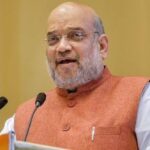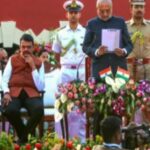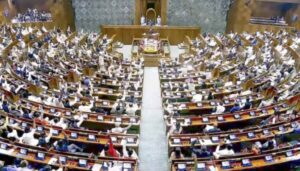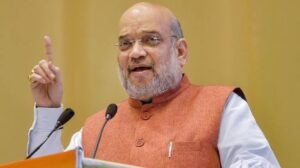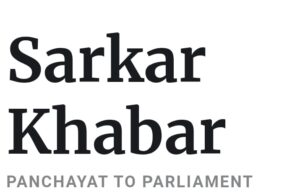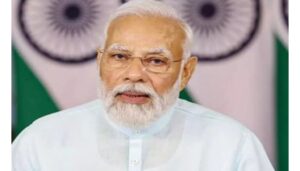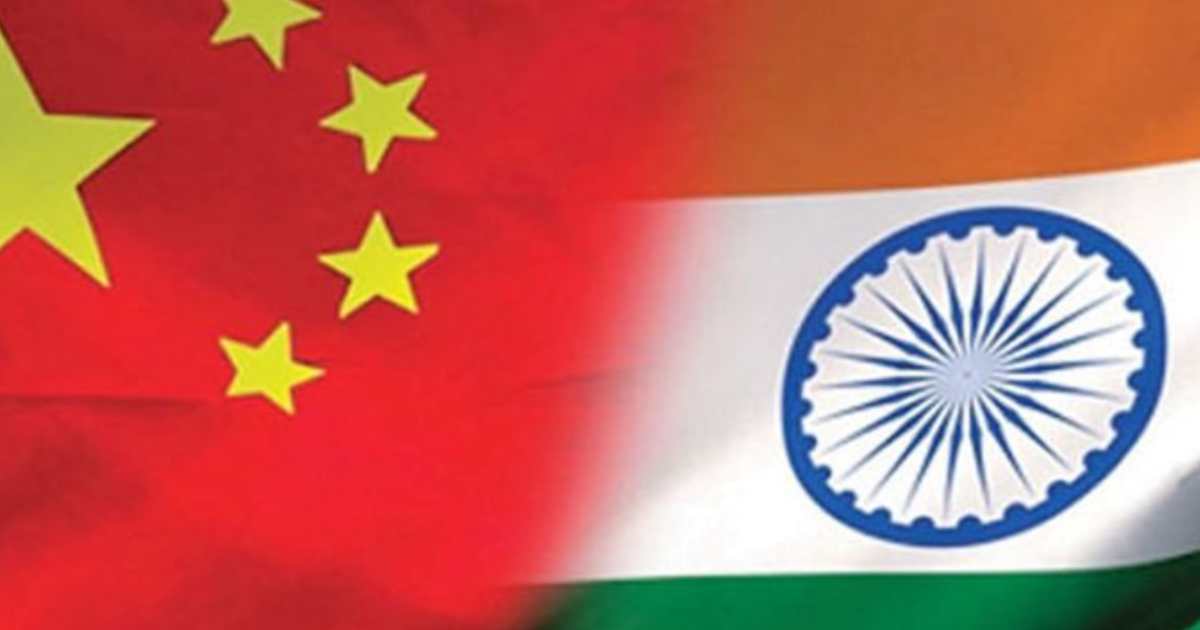
India and China Hold “Constructive” Talks: Focus on Border Peace and LAC Respect
New Delhi, 1st August 2024: Following a recent meeting between External Affairs Minister S. Jaishankar and Chinese Foreign Minister Wang Yi, India and China engaged in “constructive” and “forward-looking” discussions aimed at addressing their ongoing border standoff.
The Ministry of External Affairs (MEA) emphasized that restoring peace, and tranquility, and respecting the Line of Actual Control (LAC) are crucial for normalizing bilateral relations.
The meeting, held in Delhi, was conducted under the Working Mechanism for Consultation and Coordination on India-China Border Affairs (WMCC). The MEA described the discussions as “in-depth, constructive, and forward-looking,” noting that both parties acknowledged the need to uphold peace and tranquillity along the border as per existing agreements and protocols.
The Chinese delegation was headed by Hong Liang, Director General of the Boundary and Oceanic Department at the Chinese Ministry of Foreign Affairs. Hong also met with Foreign Secretary Vikram Misri, who previously served as India’s ambassador to China. The last round of WMCC talks took place in Beijing in March.
The MEA stated, “Following recent discussions between the two foreign ministers in Astana and Vientiane, the two sides reviewed the current situation along the LAC, aiming for an early resolution of the ongoing issues.”
It further emphasized that “restoring peace and tranquillity and respecting the LAC are fundamental to restoring normalcy in bilateral relations,” adding that both nations agreed to jointly uphold peace and stability along the border in line with bilateral agreements and understandings.
Joint Secretary (East Asia) Gourangalal Das led the Indian team at the 30th WMCC meeting.
Jaishankar and Wang Yi had previously met on July 25 in Vientiane during ASEAN-related meetings and on July 4 in Astana during the Shanghai Cooperation Organisation (SCO) summit.
The border standoff between India and China has persisted for over four years, with more than 50,000 troops stationed on either side of the border.


